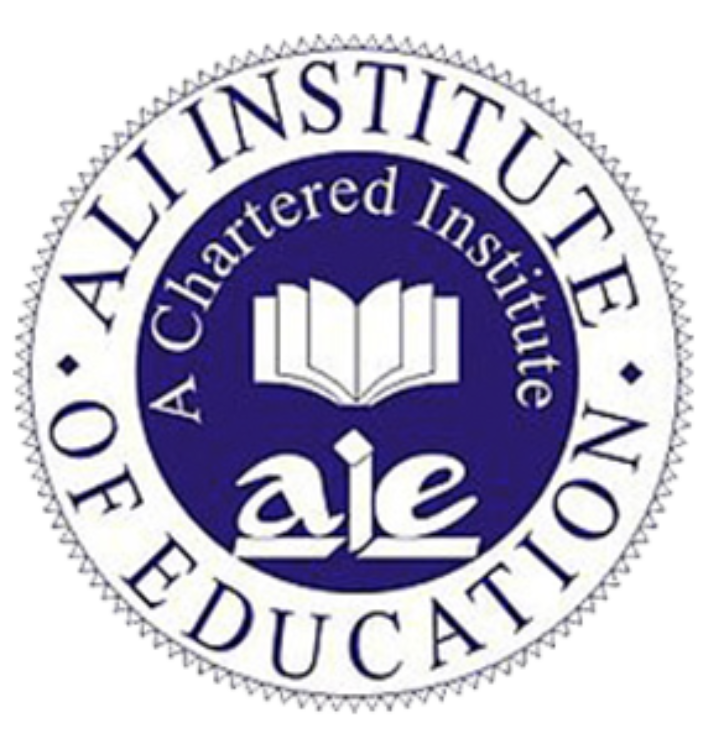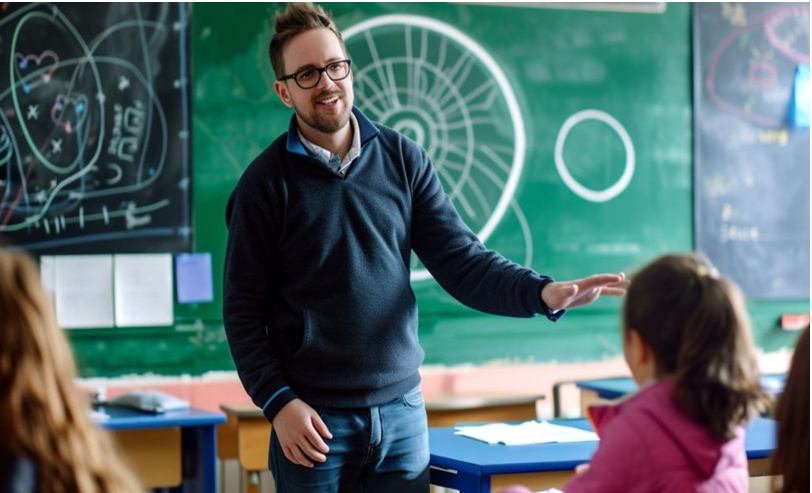Mastering Modern Education: Essential 21st Century Skills for Teaching and Learning
How can education adapt to shifting societal demands and technological advancements? What competencies do pupils require to be successful in the current world? Teachers need to adopt 21st-century abilities for teaching and learning in today’s quickly changing world.
These abilities are essential for developing a lively and captivating learning environment in the classroom and giving students the skills they will need in the future.
Let’s examine the fundamentals of 21st-century learning and how they improve student and teacher experiences in the classroom!
21st Century Skills for Teaching and Learning
21st-century skills for teaching and learning encompass academic competency but stretch further to embrace all other competencies. These are but not limited to critical thinking, creativity, collaboration, communication, and technological literacy.
Once these skills are integrated into the curriculum, teachers can lead students to become capable of thinking critically and solving challenging problems.
Critical thinking and problem-solving are significant factors at the center of 21st-century learning. A teacher is competent in making students think, hence empowering them to ask questions and search for answers from various perspectives.
These will greatly enhance their understanding of the subject matter and help them rise to real-world challenges. A teacher has to cultivate creativity in the classroom.
These are crucial to fostering innovation and thinking through various angles, leading students to think outside the box.
Project-based learning, which allows students to brainstorm ideas and participate in experiments, can cultivate creativity in students. Also, there is the aspect of the need for collaboration and communication skills.
Students need to be allowed to work in groups on projects, offer ideas for problem-solving, and present ideas. This will go a long way toward inculcating the spirit of teamwork and communication necessary for a successful career.
Digital literacy is another leading factor in 21st-century teaching and learning. A teacher needs to integrate technology into students’ learning by using whiteboards, educational apps, and online resources. At the same time, the teacher must help students grasp various topics of understanding and keep students interested.
21st Century Skills in the Classroom
21st-century skills necessarily imply a move from a teacher-centered approach to one that centers on students and how they learn.
The teacher must create a learning atmosphere that provokes and bolsters active learning and critical thinking. This requires a suite of strategies and tactics oriented toward interactivity and involvement.
An example of an effective way is inquiry-based learning, which involves getting students to ask questions, research, and explore a topic.
The importance of that lies in the fact that it fosters curiosity and, equally, boosts a learner’s research and analytical proficiency.
Other ways to do this include collaborative learning, where students work together in teams to solve a problem or complete a project. This is vital in working with others and connecting them to new ideas that one can come up with.
New technology can come in handy when discussing implementing 21st-century skills in the classroom. This is a way that teachers equip their lessons with interactivity, opportunities for instant feedback, and communication tools between students and the teacher.
One great example is an online discussion board and collaborative platform like Google Classroom, where students share ideas and conduct their assignments in real time.
VR and AR can be used to create immersive learning experiences that animate subjects. Conventional tests and examinations do not really measure the latent capability of a student.
Teachers should instead use formative assessments, such as portfolio presentations and project-based evaluations, to gauge students’ levels of critical thinking, creativity, and collaboration.
Such assessments give a much broader view of a student’s progress and very clearly point out improvements.
21st Century Teaching Competencies
21st-century skills can only be inculcated with teachers having certain competencies. As it is, the 21st-century competencies in teaching demand adaptability, lifelong learning, and a sound understanding of technology on the part of the teacher.
Since this activity is constantly changing, teachers need to be adaptive and open to newer teaching methods or tools. They should also be flexible enough to adapt to the requirements of various students, which may mean changes in lesson planning, teaching strategies, and personal support for every student.
Lifelong learning is also part of the deal because, in essence, teachers have to keep updating their knowledge and skills with educational trends and technologies.
Such competencies are usually learned at professional development opportunities offered by educators, such as workshops, conferences, and online courses.
A good command of technology is needed to embed digital tools in educational settings. In this regard, a teacher must be tech-savvy enough to use different educational technologies and address common issues that pop up regarding the use of such technologies.
Teachers must be aware of digital citizenship and ensure that students can utilize technology responsibly and fairly.
In conclusion, preparation for mastering modern education lies in the commitment to develop and use 21st-century skills in teaching and learning.
When using critical thinking, innovation, collaboration, communication, and information technology in the classroom, educators improve student readiness for matters of the present and even those of the future.
With the right competencies and student-centered approaches, teachers can develop a living and involving learning environment that allows every learner to grow and succeed.

